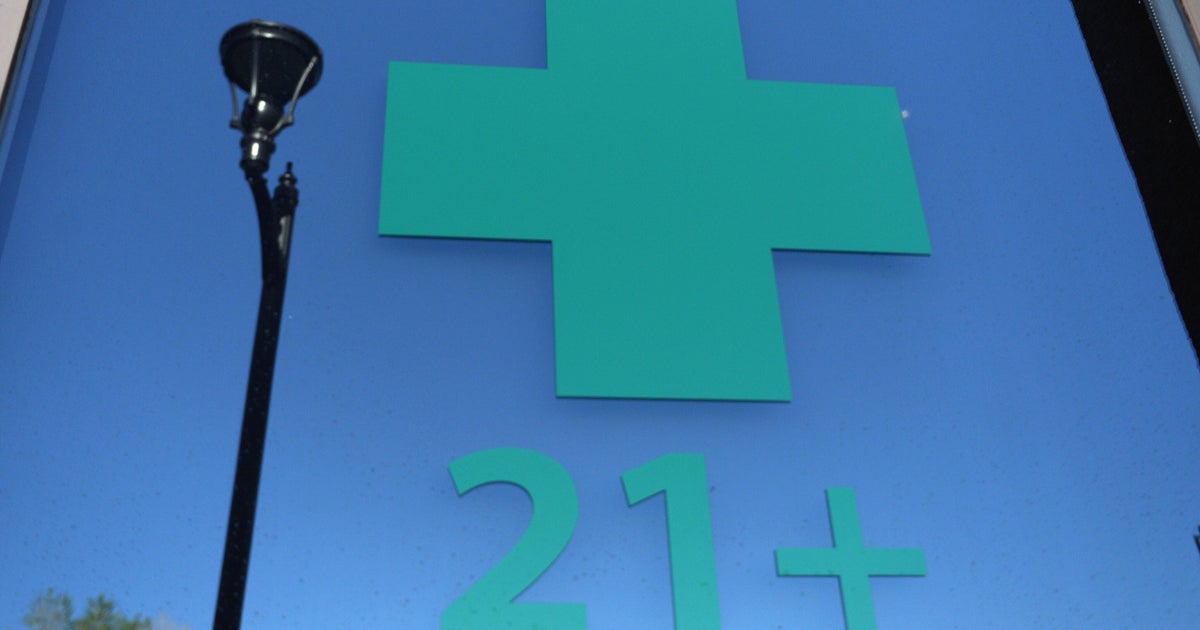How Lack Of Sleep Makes You Fat (And What You Can Do About It)
NEW YORK (CBSNewYork) - What's the easiest way to maintain your health this holiday season?
As CBS2's Elle McLogan discovered, the answer might be as simple as a good night's sleep.
"One of the greatest metabolic impacts of chronic loss of sleep is weight gain," said Dr. Qanta Ahmed, attending sleep specialist at NYU Winthrop's Sleep Disorder Center. The clinic treats patients with problems such as insomnia and sleep apnea.
"Sleep and appetite are very closely coupled. And when we become sleep-deprived, there are two key hormones that control appetite and weight that become very deranged. Leptin tells the body where to store calories and whether to store calories as fat... and the other hormone is ghrelin, which sounds like 'gremlins.' It gives you the midnight munchies. When you've had a lack of sleep, notice that, the next day, you're ravenous," Dr. Ahmed told Elle.
If you're not sleeping enough, the consequences can extend beyond weight gain. Ahmed explained that lack of sleep has negative impacts on memory, immunity, mood, and development.
"You have a biological need for sleep. It is not a luxury," she said.
What is the culprit stealing our sleep?
According to Ahmed, excessive screen time is largely to blame.
"I have patients who are stock brokers who get up and check markets overseas in the middle of the night, as well as housewives who want to play Farmville and exchange chickens in the middle of the night."
This pattern isn't just for adults.
"These habits that I'm describing to you have become very prevalent, even in the pediatric population. It's not unusual for me to see a parent who brings a child that is using a device even during the interview. Children's use of device and artificial screen time has skyrocketed over the last decade, from about three hours a day on a device to over seven hours of screen time," Ahmed said.
She explained that exposure to artificial light interrupts melatonin production, the hormone responsible for regulating sleep and wakefulness. Our phones and computer screens signal to our brains that it's time to wake up, which contributes to insomnia.
According to Dr. Ahmed, workaholism also plays a role in sleep lack.
"Professionals tend to be, in the United States, over-involved with work. What that means is: they leave the office, but they do not leave work behind. So they're going home, and they're logging on, they're responding to emails, they're thinking about complicated problems, and that leads to a profound kind of insomnia."
What can we do about it?
Ahmed recommends first to recognize whether you're suffering from sleep deficiency.
"On the day that you don't have to go to work, if you're sleeping later than usual, that is a sign that you're carrying something called 'sleep debt.'"
Start repaying that debt by making manageable adjustments to your sleep schedule.
"A very simple strategy to do immediately is: every week, go to bed earlier by fifteen minutes. It's very difficult to suddenly go to bed two hours early. You won't be able to have your brain ready to sleep in such a short period of time. But in the space of a month, you'll be going to bed an hour early."
What's something few people know about but everybody should? Whatever it is, Elle McLogan is tracking it down on The Dig. Join her hunt for treasures hidden across our area. Follow Elle on Twitter and Instagram.







